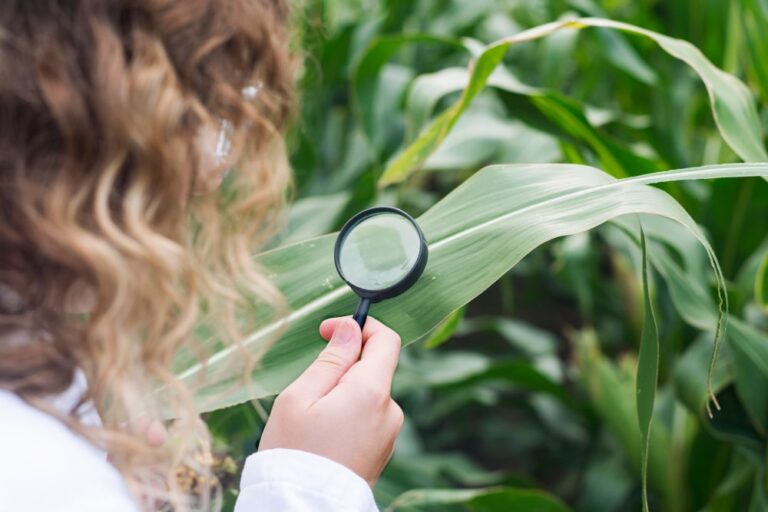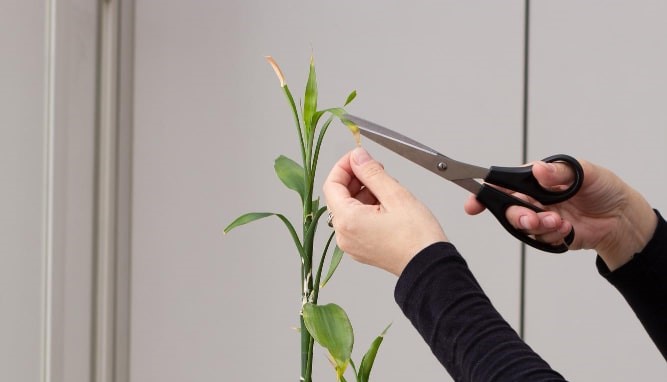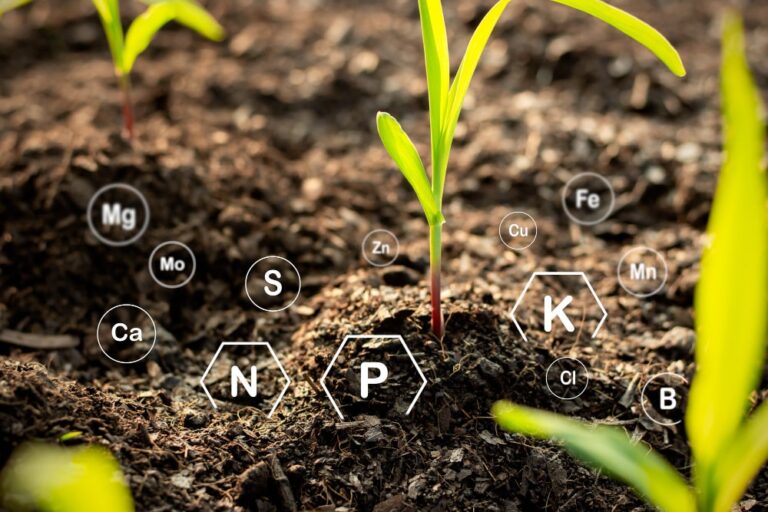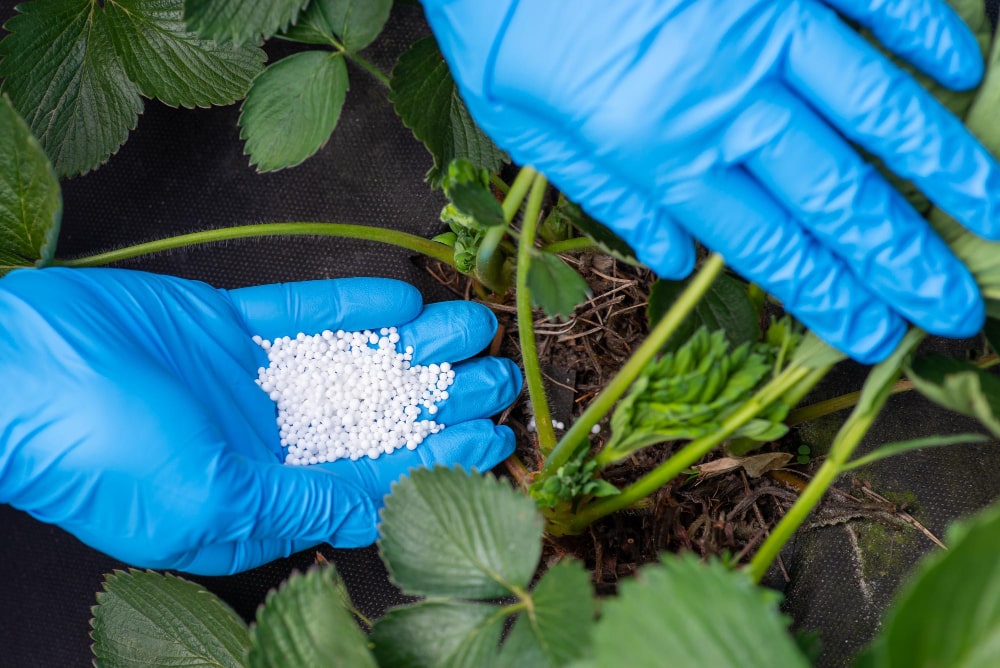In indoor growing, fertilization is a crucial aspect. With the right nutrients, your favorite plants can thrive and yield higher harvests. However, it’s essential to avoid over-fertilization. In this blog post, we will examine the topic of over-fertilization: what it means, how to identify it, its causes, and possible corrective measures.
If you’re using our Bonsanto Mini Grow Box for your cultivation, you’re on the safe side! By combining our grow box with Bonsanto grow accessories, such as the “Premium Soil” and “Organic Boost,” the risk of over-fertilization is significantly reduced. Just follow our Bonsanto growing guide, and nothing will stand in the way of strong plant growth and a successful harvest.
Table of contents
What is Over-Fertilization?
Over-fertilization, also known as nutrient burn, occurs when your plant receives too many nutrients, usually through fertilizers. Excess nutrients can harm your plant, so it’s crucial to avoid over-fertilizing.
How to Identify Nutrient Burn?
To recognize over-fertilization, look for yellow or brown leaves, especially at the edges and tips. If the leaves appear distorted or wavy, or if the roots are dark and limp, these can also be signs of nutrient burn. Over-fertilized plants often show slower growth. However, be aware that some symptoms can also indicate diseases or other issues.

What Causes Over-Fertilization?
Over-fertilization typically results from using too much fertilizer. Many growers are unaware of how to fertilize correctly or mistakenly believe that more fertilizer leads to better growth. However, the nutrient needs of plants vary depending on their growth stages.
Additionally, fertilizing without knowing how many nutrients are already present in the soil or water can lead to problems. Climate and weather can also affect how plants absorb nutrients. Therefore, you should always adjust your fertilizer according to your growing conditions.
How to Fix Nutrient Burn?
If you notice that your favorite plant is suffering from over-fertilization, it’s crucial to act quickly to remedy the nutrient burn. First, stop fertilizing to prevent further damage, allowing your plant to recover from over-fertilization. Next, water your plant with clean, pH-neutral water. If your growing medium has good drainage, this can help flush out excess nutrients from the soil.
Remove the burned parts of your plant or the areas where over-fertilization is visible. Once you notice your plant is slowly recovering, you can resume fertilizing. However, be sure to use a reduced dosage and closely monitor your plant’s reaction.
Also, check whether the environmental conditions for your plant are appropriate and ensure that light, temperature, and humidity are optimally set.

How to Prevent Over-Fertilization?
Ideally, over-fertilization should never occur. By perfectly coordinating the Bonsanto grow components, you can significantly minimize the risk of over-fertilization when following the cultivation guide. Therefore, we recommend using a Bonsanto grow box for indoor cultivation.
To prevent over-fertilization, pay attention to the specific nutrient needs of your plants at different growth stages. Educate yourself about the appropriate timing and quantity of nutrients required. Use a fertilizer specifically formulated for your favorite plants that contains all the necessary nutrients. Always follow the manufacturer’s dosage instructions. As a beginner in growing, using an organic fertilizer is advisable, as it releases nutrients slowly and reduces the risk of over-fertilization.
Regularly monitor the appearance of your plant to detect signs of over-fertilization early. Adjust the dosage in a timely manner and intervene if your cannabis plant is suffering from nutrient burn.
If you are not using a Bonsanto grow box, conduct regular soil tests to check the nutrient content in the soil. This will help you determine whether fertilization is necessary.

